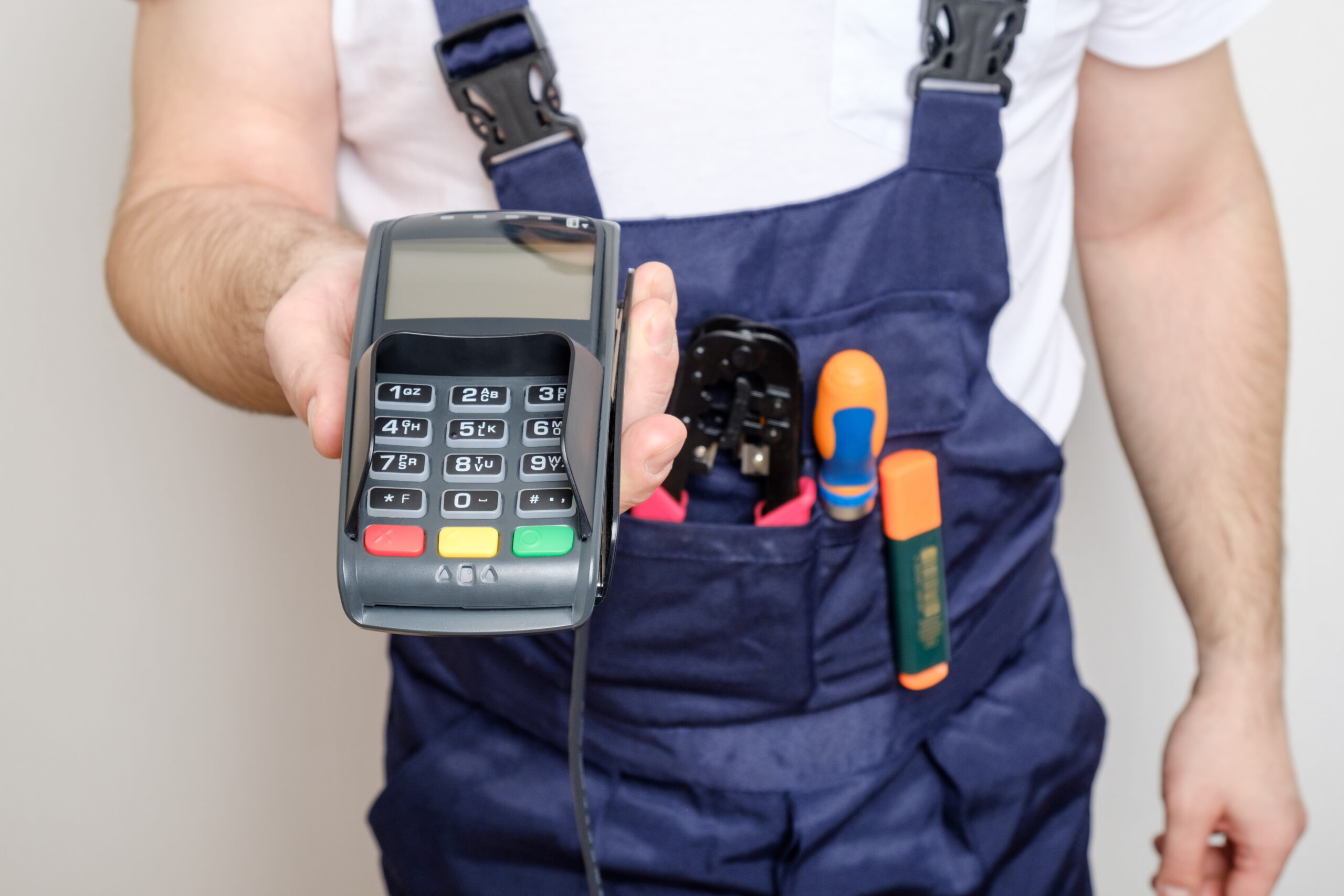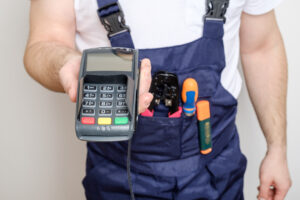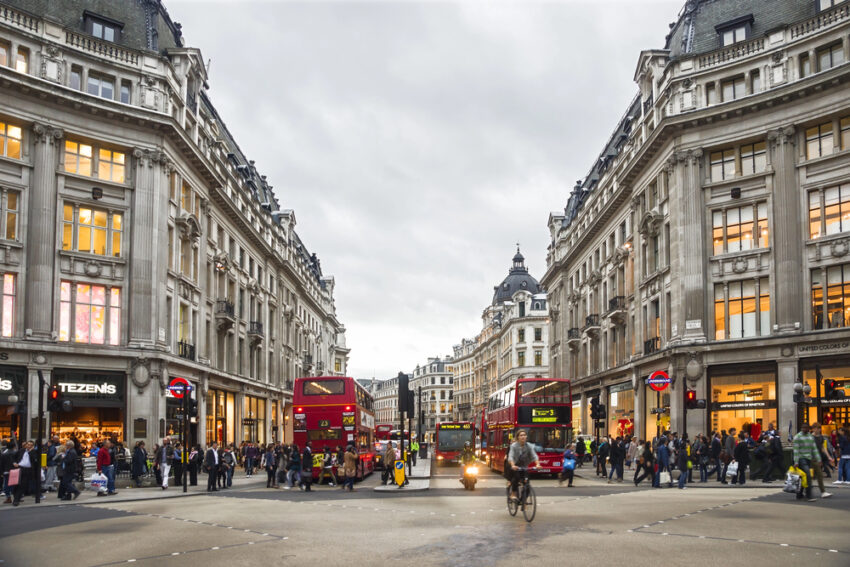Sole traders increasingly avoid charging VAT
By Tim Adler on Small Business UK - Advice and Ideas for UK Small Businesses and SMEs Tens of thousands of small businesses deliberately stay small to avoid charging VAT, which means you have to hike prices if you wander over the £85,000 threshold The post Sole traders increasingly avoid charging VAT appeared first on Small Business UK.

By Tim Adler on Small Business UK - Advice and Ideas for UK Small Businesses and SMEs

An increasing number of small businesses are holding back growth to avoid bumping up against the £85,000 value added tax (VAT) threshold.
Tax Policy Associates, a taxation thinktank, estimates that as many as 26,000 small businesses deliberately held back growth in 2018-19, the latest year for which data are available, to avoid having to register for or charge VAT.
The thinktank obtained data from HM Revenue & Customs through a freedom of information request.
Many sole traders try to duck paying VAT because registering for the tax can cut revenue by 20 per cent if they wander over the £85,000 threshold by only a small amount. So, if a small business earns £100,000, they are then £20,000 worse off than if they had just stayed under £85,000 threshold.
Not only does the VAT threshold eat into profits, if customers are unwilling to pay 20 per cent extra, but VAT registration and reporting means registering for HMRC’s Making Tax Digital tax reporting system, which costs businesses hundreds of pounds to rent software.
Avoiding the VAT threshold is especially attractive to self-employed tradesmen such as builders or plumbers.
But more sole traders are being dragged towards the £85,000 VAT threshold in any case because of inflation.
The Federation of Small Businesses has called on the government to increase the threshold to £100,000, which its research said could help 1.4m businesses to grow.
However, the average VAT threshold in the EU is just £30,000.
Ben Lockwood, professor of economics at the University of Warwick, told the Financial Times that the current £85,000 threshold is “probably the worst of both worlds”, as it enables small businesses to operate quite effectively without paying VAT while disincentivising growth.
The post Sole traders increasingly avoid charging VAT appeared first on Small Business UK.






















